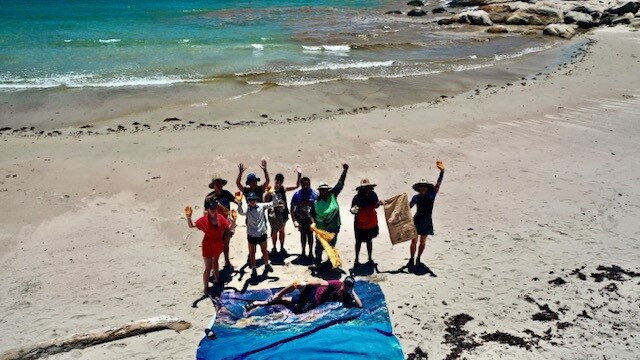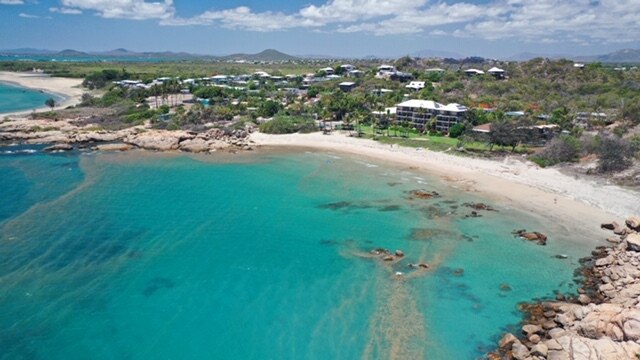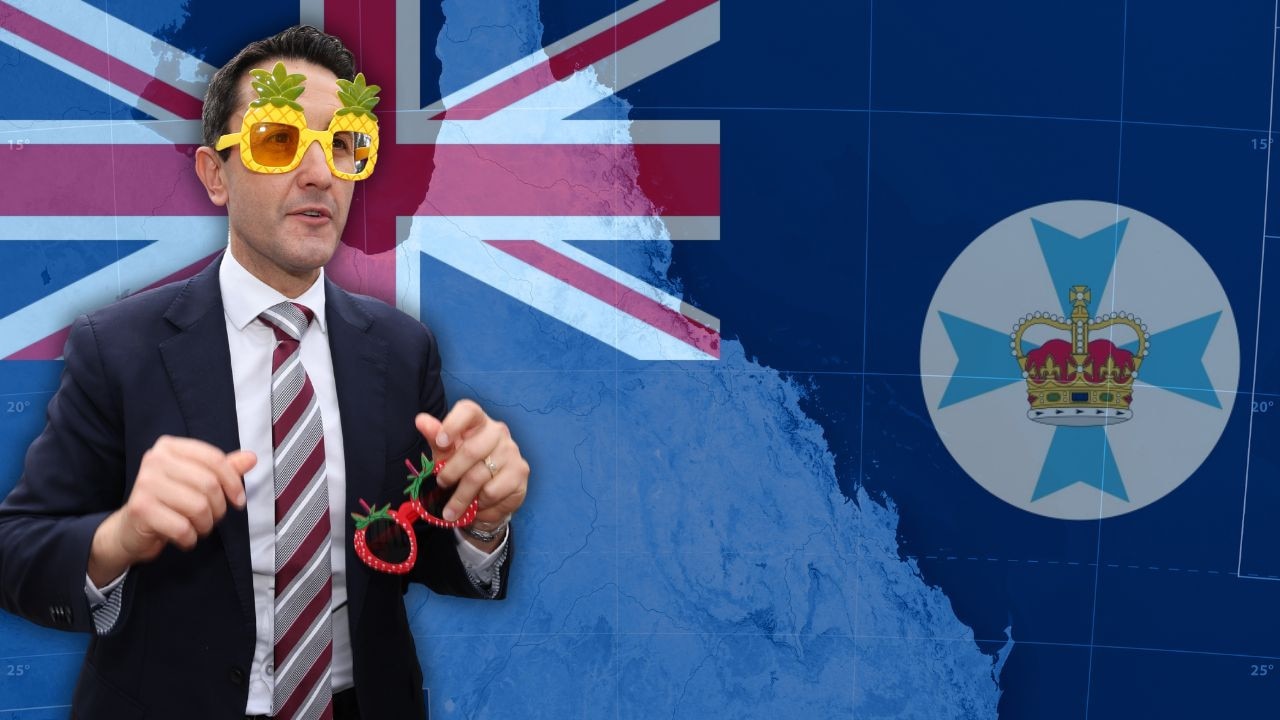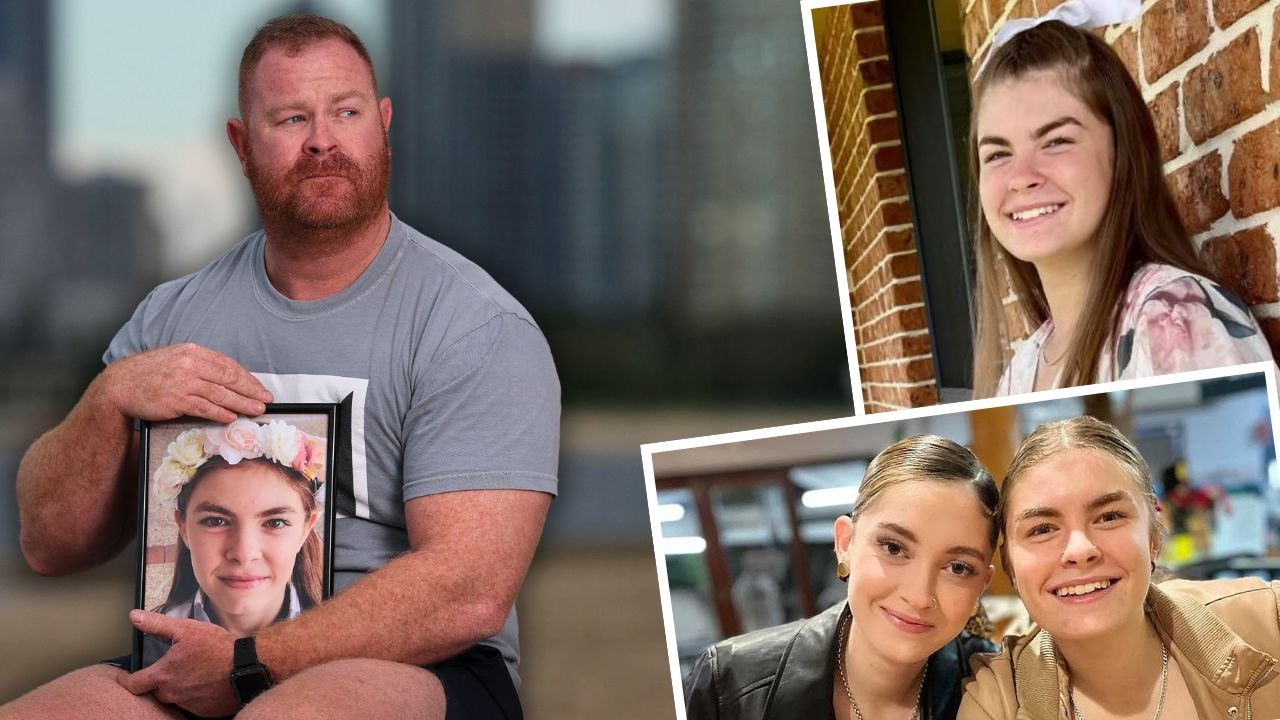Reef health project hits final stages in Whitsundays
The two-year project has now entered the final quarter but already some interesting findings have been made

Whitsunday
Don't miss out on the headlines from Whitsunday. Followed categories will be added to My News.
A citizen science project to collect data on the health of the Great Barrier Reef in the Whitsundays is nearing completion.
Reef Check Australia’s two-year Whitsundays Citizen Science Project is in its final quarter and has helped identify the impact of major events, such as Cyclone Debbie and bleaching, as well as the recovery of the reef.
Reef Check Great Barrier Reef co-ordinator Nathan Cook said the organisation had been running for 18 years but this project was the first time strong funding support had been put towards the Whitsundays.
The team has been working within the community to raise awareness on issues impacting the reef as well as providing opportunities for people to get involved in the project.
Mr Cook said the project had helped identify significant changes in the reef since Cyclone Debbie.
More stories:
Christensen hits back at claim PM is ‘afraid’ of him
Teen girl one of three allegedly targeted in ‘random attack’
Health workers report rise in violent, aggressive patients
While the reef was showing good coral cover in areas and good recovery around the islands, its health still needed to stay front of mind.
“The reef is under pressure, like a lot of ecosystems in the world,” Mr Cook said.
An interim report from Reef Check, released in April last year, indicated coral bleaching had a significant impact inshore and offshore across February and March 2020, with 32 per cent of coral populations being bleached in four sites surveyed.
The data also showed Hardy Reef had higher live coral cover than inshore reefs.
Mr Cook said across 2020 there was substantial bleaching, more than a normal year, but bleaching was no longer a surprise and was slowly becoming more prominent.
“With climate change its expected every summer,” he said.

Reef Check has also been engaging ambassadors to help complete surveys on the reef, as well as holding a stall at Airlie Beach markets and running beach and underwater clean-ups.
One clean-up was held at Rose Bay in Bowen in December, which was co-led by Reef Check ambassadors and Ngaro traditional owners Lynndel and Milda Oui.
A microplastics assessment was done and the organisation reported not many were found.
The rubbish found on the beach was sorted into categories to help understand where issues stem from and how reduction programs should be developed to combat them.
Mr Cook also jumped in the beach to complete some water surveys along with another Reef Check ambassador Nerida Higgins.
Mr Cook said the team planned to continue running surveys for the next few months to add to their long-term data set.
He said while governments made decisions about the climate, the responsibility did not only lie with them.
“Really, we all have a role to play with our everyday activities,” he said.
The project is co-funded by the Federal Government’s Reef Trust and the Great Barrier Reef Foundation.


